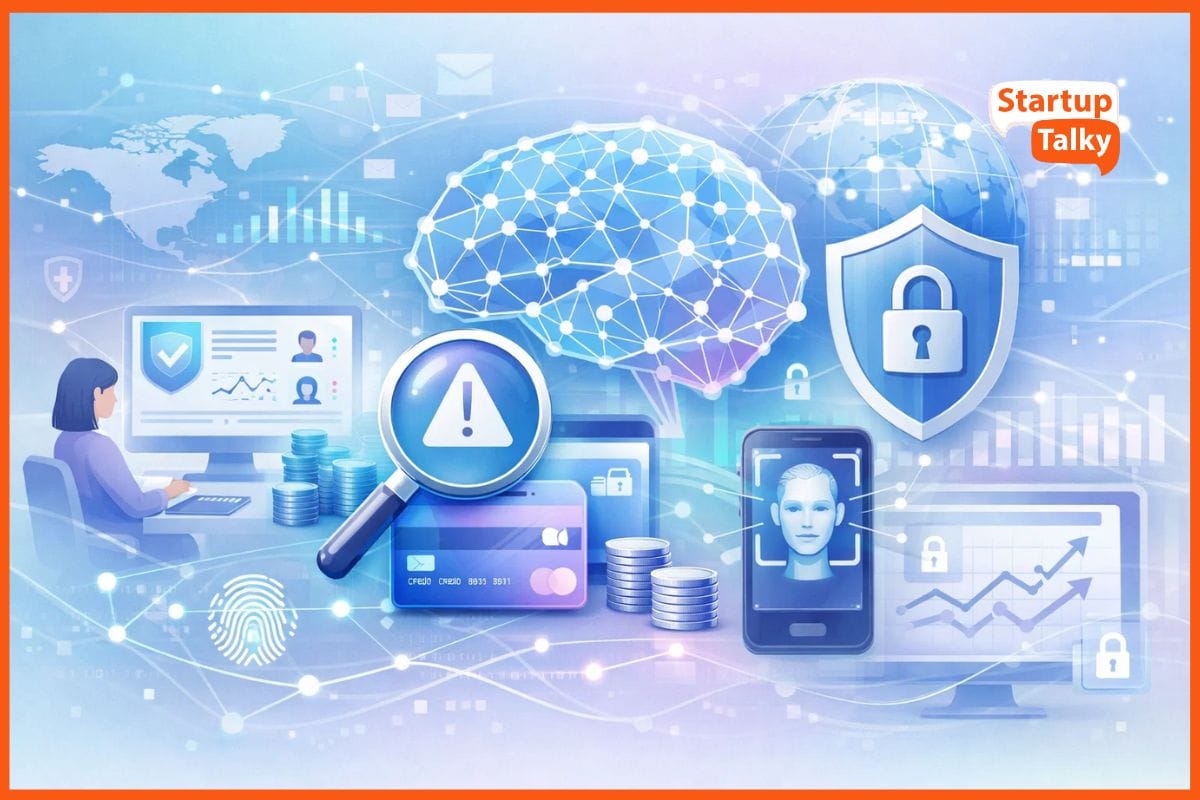How to use a VPN to protect your internet privacy

Ever heard of the phrase “privacy is dead?”
Every time you use the internet, you leave behind a digital footprint, which can be used to profile you. Whether you are sending an email, sharing photos, searching on Google, shopping online, etc., all that data adds to your digital footprint.
Your ISP also collects your data. They can see the searches you make on Google, the websites you visit, and generally anything you do on the internet. They then store this data, and they can even sell it to third parties for profit.
All these, combined with the ever-growing government surveillance, have led to the need for more privacy. This is where VPNs come in.
What is a VPN?
A VPN is an online tool that encrypts user traffic and sends it through a secure tunnel to a VPN server of choice. This new server spoofs your real IP address and comes between your ISP and the internet, such that you no longer connect to the internet through your ISP server.
The encryption of your data ensures that your ISP can’t see the type of traffic passing through as it all appears as gibberish. All they can tell is that you are connected to a VPN. The end result is that your ISP, government, companies, hackers, or other third-parties can’t get access to your data, and the websites you visit can’t see your real IP address.
However, VPNs do not offer privacy by default.
Different products are made different, and so the first and most important step is to choose the right VPN. This means that you need to evaluate the various options available. Below are the most important factors to consider:
The VPN’s Privacy Policy
When you connect to a VPN, what you are basically doing is transferring your trust from the ISP to the VPN provider. If they wish, they can also log your activities and sell your data to third parties. A good example is Facebook's Onavo VPN, which was marketed as a product to protect users before it was discontinued. On the contrary, it was spyware that would track user activities through their session.
This means that you need to check the VPN's privacy policy carefully. There are VPNs that are dedicated to offering maximum privacy by keeping zero logs, and so these are the products to consider. Note that most free VPNs can’t be trusted with your privacy, as some of them log and sell your data for profit. After all, they are not running the service out of the goodness of their hearts.
The Country of Registration
Some VPN’s try to offer as much privacy as possible, but this is hindered by the laws in the countries they are registered in. For example, various EU nations have mandatory data retention laws that directly apply to ISPs as well as VPNs. Other countries that do not have mandatory data retention laws like the US often enforce "gag orders.” These orders can stop a firm from exposing to the public that they are now collecting logs (on behalf of the government).
As a standard, avoid VPNs based in privacy-invasive countries.
The VPN’s Security
Security goes along with privacy when it comes to VPNs. This is because poor security leads to exposure. Various VPNs use outdated or weak encryption standards, which can be easily intercepted and data exposed. The current standard for encryption is AES 256-bit, an encryption standard that hasn’t been cracked yet.
Apart from the encryption, it’s also important to consider other features such as a kill switch and DNS/ IPv6 leak protection. These two provide a safety net against accidental exposure.
Privacy Benefits of Connecting to a VPN
After choosing a VPN, you now need to:
- Create an account
- Download a copy of the VPN app
- Install the app on your device
- Log in using your credentials
- Connect to a VPN server.
From there, you will get to:
Stop ISP & Government surveillance
Once your traffic is encrypted, your ISP won't be able to monitor and log your activities. This also means that your traffic won't be meaningful to the government. If you chose a VPN that doesn't keep any logs, even a court-order wouldn't be able to force your VPN provider to submit your records. After all, they do not have them!
Safe torrenting
Torrenting exposes your IP address to every peer with whom you are sharing a file. Apart from that, there's an even more significant threat in that copyright trolls are tracking these IP addresses. In 2019, Swedish ISP Banhof revealed that copyright trolls targeted more than 100,000 IP addresses. This threat can be combated by hiding your real IP address with a VPN.
Anonymous browsing
Apart from hiding your real IP address with a VPN, you will also get to use one that is used by hundreds of other users. This means that your activities can't be traced back to you since, after all, many users have that identity.
Wrap up
In a world where internet privacy is dwindling by the day, a VPN has become a vital privacy tool. You can regain your privacy by encrypting your activities and spoofing your IP address with one such product. However, you need to ensure that you choose a VPN carefully, and the above guide should help you achieve that desired level of privacy.
Must have tools for startups - Recommended by StartupTalky
- Convert Visitors into Leads- SeizeLead
- Website Builder SquareSpace
- Run your business Smoothly Systeme.io
- Stock Images Shutterstock





